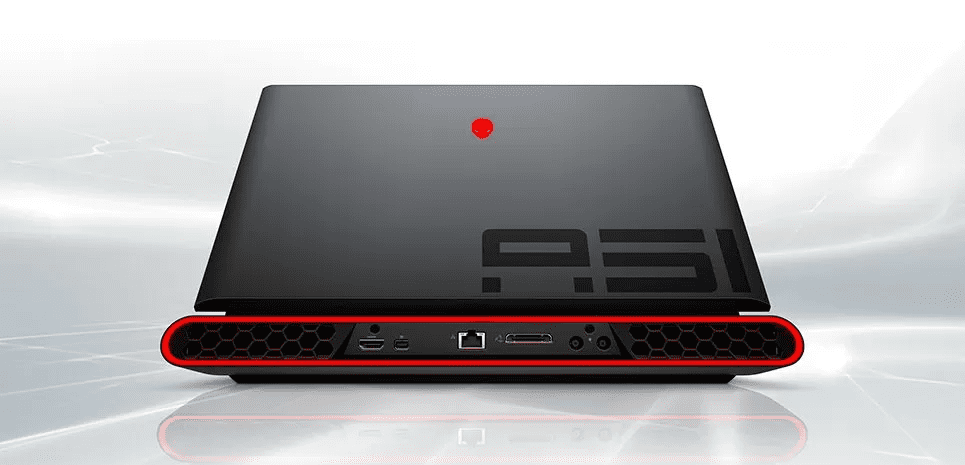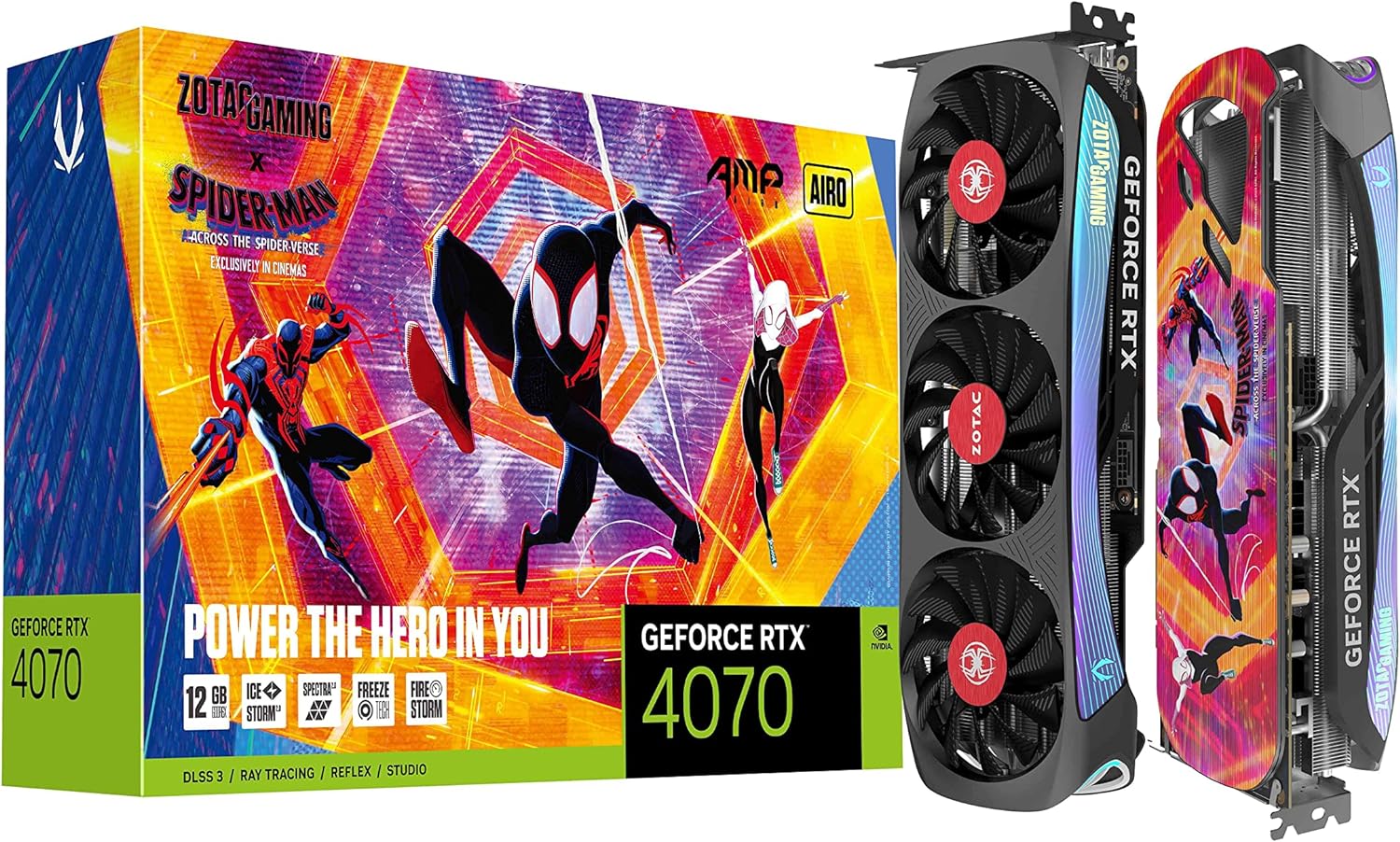UNPRECEDENTED UPGRADEABILITY
Dell is now the target of a fraud case, from a man in California who claims that the company “intentionally misled and deceived” customers that bought their Alienware Area-51m gaming laptop. Notably, the claim, made in the marketing, that it was more upgradeable than other gaming laptops.
The California man in question, Robert Felter of San Francisco, claims that Dell intentionally mislead consumers to believe that the laptop was actually upgradeable, moreover, that it could even be so into a future generation of components. Felter v. Dell Technologies, Inc. (3:21-cv-04187) was filed at the United States District Court in the Northern District of California.
The Alienware Area-51m was announced at CES 2019, and launched soon after. One of the llaptop’s biggest features was its replaceable CPU and GPU. Media briefings saw Dell representatives telling press that the CPU could be upgraded as long as it used Intel’s Z390 chipset. The Area-51m used Intel’s 9th Gen Core desktop processors, up to the Intel Core i9-9900K. Dell also developed proprietary Dell Graphics Form Factor (DGFF) modules for the Nvdia graphics.
The problem, according to the lawsuit, is that the advertisements didn’t include this particular information. Felter claims that consumers were led to believe that “core components” (the CPU and GPU) could be upgraded beyond the current generation. Speaking to Tom’s Hardware, Felter’s lawyer, David W. Kani, said:
Dell’s advertisement to the public didn’t place any restrictions on the upgradeability of the laptop. They also never disclosed that those with the highest spec CPU and/or GPU that their device would not be upgradeable.
Lawyer David W. Kani, in an email to Tom’s Hardware
Dell representatives refused to comment, citing company policy under the circumstances.
Per the complaint:
Dell’s representations of the upgradability of the Area 51M R1 also extended to units that were equipped with the fastest, most advanced Core Components available to the market, thus creating a reasonable expectation with consumers that the upgradability of the Area 51M R1 extended to yet to be released INTEL CPUs and NVIDIA GPUs, and did in fact create such expectations with consumers.
The complaint frequently refers to the laptop’s claimed “unprecedented upgradeability”. Which, coincidentally, is still on display on Dell’s page for the Area-51m.

Upgrade kits for the GPU launched in November 2019, including options for the Nvidia GeForce RTX 2070 and Nvidia GeForce RTX 2080. These launched in the earlier units for the Area-51m, though later units shipped with the weaker RTX 2060 and GTX 1660 Ti. Those that bought models with the RTX 2070 could upgrade to an RTX 2080, nd those that bought models with weaker GPUs could shift into a higher gear.
The real problem started in May 2020, when Dell launched the Alienware Area-51m R2, a refresh that added support for 10th gen processors and a larger selection of GPUs. It took until June that year for Dell to actually lay out the extent of upgradeability of these machines; the Area-51m was locked to the 9th generation, and the Area-51m R2 was locked to the 10th. the R2, coincidentally, is the crux of Felter’s suit:
The Area 51M’s CPU was not upgradeable to the new INTEL 10th generation CPU, nor was its GPU upgradeable to the new NVIDIA RTX SUPER 2000 series. In fact, the only way Plaintiff could own a laptop with these newly released upgraded Core Components was to spend several thousand dollars more than what an upgrade would cost to purchase the then-newly released Alienware Area 51M R2 or a similarly equipped laptop from another manufacturer.
Essentially, to upgrade the laptop, a consumer would simply have to buy the newer model. And, as Felter and his attorneys claim, Dell planned out a roadmap with Nvidia and Intel, the company knew the laptop wasn’t as upgradeable as claimed; at the very least, it wasn’t “unprecedented upgradeability”.
This mostly comes down to the nature of motherboards; they’re typically upgraded to keep pace with new processors, though sometimes new processors work on older boards. The case may well set a precedent on how far allong a motherboard needs to support a CPU. Moreover, most desktops will continue to work with a GPU, as long as there’s no outdated standard. But Dell used proprietary modules in the Area-51m.
Felter seeks damages, relief and attorney fees for himself, as well as for those in Alaska, Arizona, California, Hawaii, Idaho, Montana, Nevada, Oregon, and Washington state who purchased the laptop in 2019 themselves. He is represented by attorneys Brian H. Mahany of Mahany Law and Steven I. Hochfelsen and David W. Kani of Hochfelsen & Kani, LLP. He has also requested a jury trial. As to how this goes will depend on the judge assigned to the case.
Source: Tom’s Hardware




